What are the dangers of cannabis that have become clear since it has been legalized around the world?

For many years, cannabis has been illegal in many parts of the world, but in recent years, possession and use of cannabis for recreational purposes has been legalized in Canada and California, USA. Science-based YouTube channel
We Have To Talk About Weed - YouTube
Originally, possession and use of cannabis has been illegal in many parts of the world, but in recent years it has been legalized in some countries and regions, such as Germany.

Until now, the decriminalization of cannabis has made it difficult for scientists to study it.

In particular, research into the long-term effects of cannabis use faces significant legal hurdles, and studies to date have been conducted on small samples.

However, with the recent trend towards legalizing cannabis, research into the substance is progressing.

The effect of cannabis is due to tetrahydrocannabinol (THC) acting on cannabinoid receptors in the body.

When THC docks with cannabinoid receptors, it activates or calms different parts of the brain, producing a high.

The higher the THC concentration, the more intense the high, and the THC concentration in many cannabis products, both legal and illegal, has more than doubled over the past few decades.
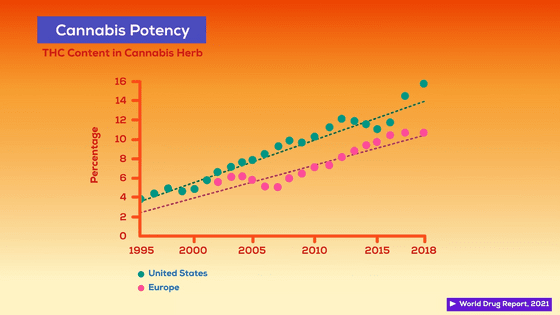
As a result,
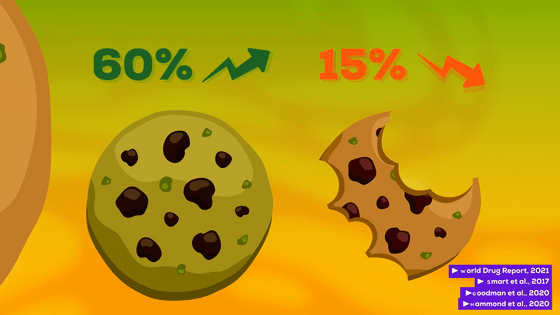
However, it has been pointed out that various problems caused by cannabis become worse as the THC concentration increases.
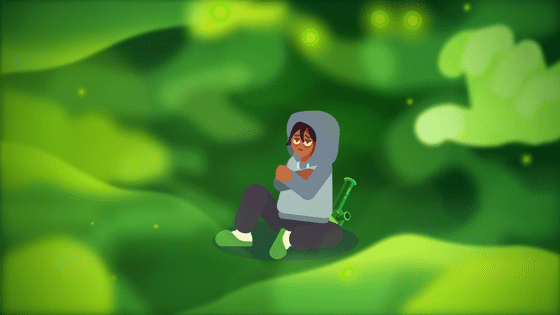
In the United States, the number of people consuming cannabis daily surpassed alcohol for the first time in 2022, while in Canada, approximately 26% of people aged 16 and over report using cannabis.
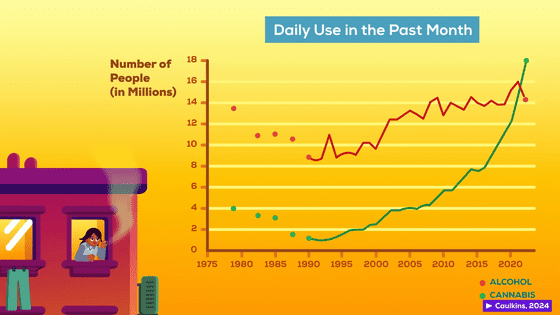
Factors that may cause cannabis to have a negative impact on health include the 'THC concentration,' 'frequency of ingestion,' and 'age at which cannabis use began.' It is believed that the higher the THC concentration, the more frequently the cannabis is consumed, and the younger the age at which cannabis use began, the greater the health risk.
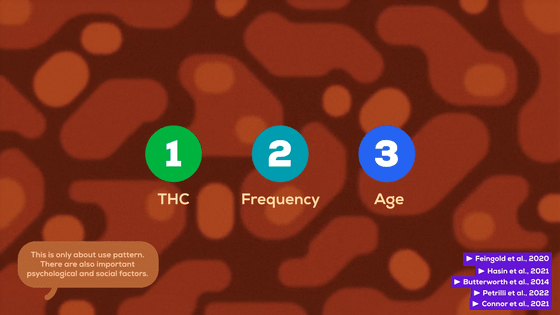
Previous studies have shown that about one in 10 people who consume cannabis daily develop a serious addiction, as their brains have developed a tolerance to cannabinoids, meaning they need larger doses or stronger strains of cannabis to get a high.
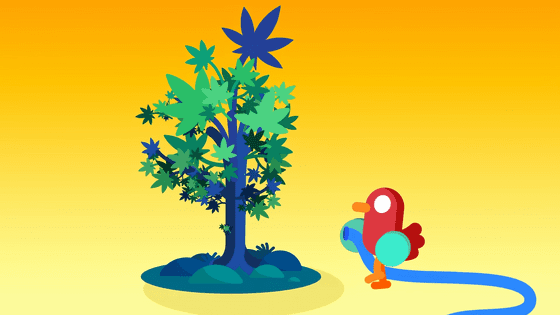
Studies have shown that cannabis-dependent patients are more likely to experience restlessness, paranoia, irritability, anxiety, and depression.
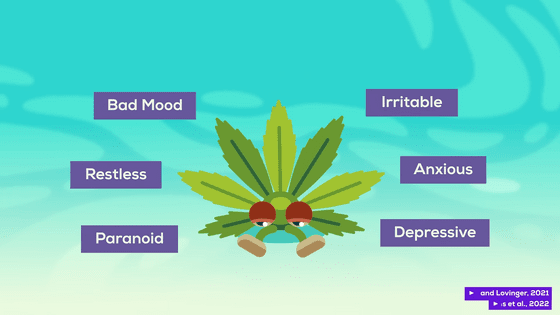
Another study found that loneliness and frequent cannabis use are closely related. While cannabis can produce a high and reduce loneliness, it can also trigger depressive thoughts such as 'I'm not sociable.' This can lead to a downward spiral of self-isolation and chronic loneliness.

What's more, cannabis induces mental paralysis: According to Kurzgesagt, cannabis makes you less likely to feel bored.
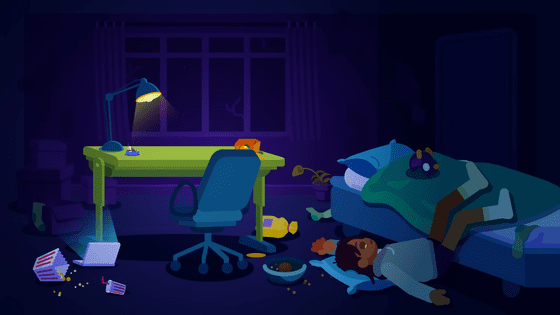
However, boredom is a signal that prompts us to be creative and to learn new things, and suppressing this means stunting our personal growth.
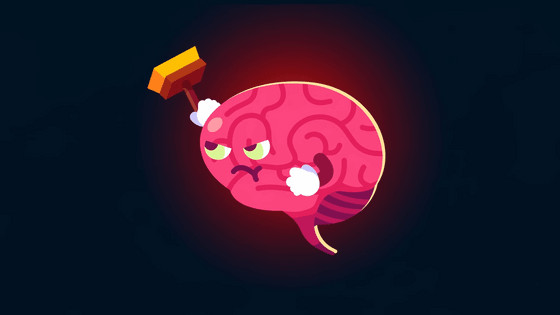
'Numbing your senses can help you blunt your unpleasant emotions and refuse to deal with them,' Kurzgesagt said. 'But in life, you can't get through unpleasant emotions unless you actually feel them. You have to process them in order to grow.'

In addition, frequent cannabis use can cause physical withdrawal symptoms such as headaches, sweats, chills, loss of appetite, fever, nausea, and abdominal pain. These withdrawal symptoms can make cannabis users feel depressed.
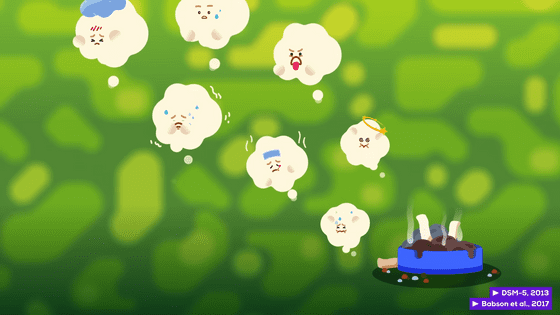
There is also evidence that cannabis use can have adverse effects on the brain.
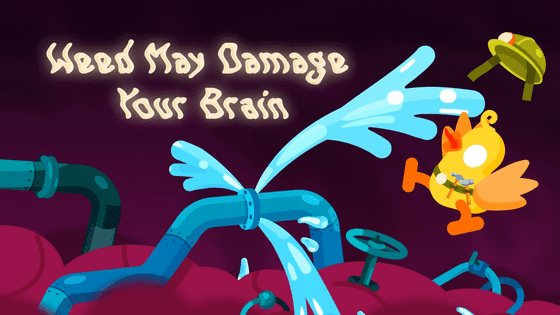
Previous studies have shown that cannabis use impairs memory, perception, attention, decision-making, language, and impulse control, and that these adverse effects may subside over time once cannabis use stops.

Kurzgesagt warned about the risks of heavy cannabis use among teenagers, saying: 'If you start consuming cannabis in large amounts at a young age, you increase the number of years of potential adverse effects that accumulate and the likelihood of becoming addicted to cannabis.'
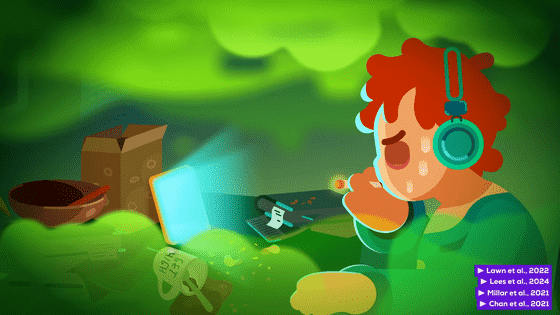
Studies have shown that regular cannabis users perform worse in school, and it is believed that cannabis use reduces memory and motivation to study.
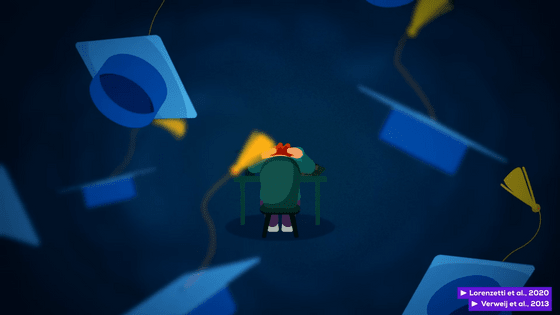
There is also evidence that teens who use marijuana are more likely to develop mental health problems, including psychosis and schizophrenia.

'It's not good for teenagers to use marijuana regularly or in large quantities,' Kurzgesagt said. 'If you really want to try marijuana, wait until you're in your 20s. At least don't do it now.'

Related Posts:







